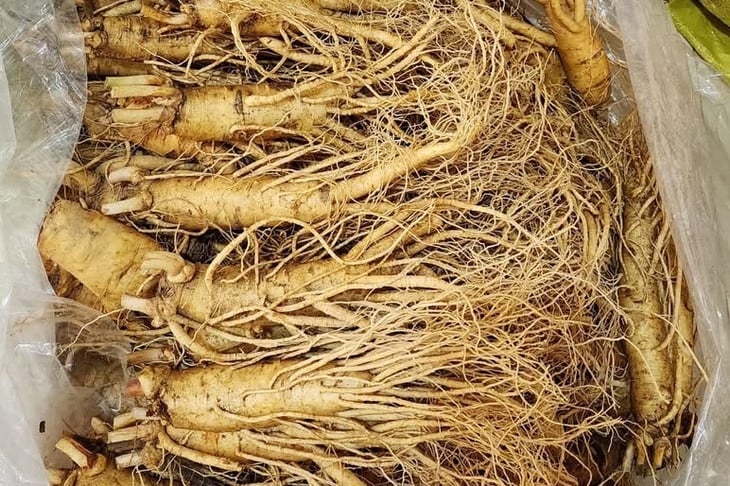
Traditional medicine doctors say that if used correctly, ginseng can help prevent and treat diabetes - Illustration photo
Dr. Quach Tuan Vinh, member of the Executive Committee of the Vietnam Oriental Medicine Association , said that ginseng is a precious herb in traditional medicine, widely used thanks to its effects of enhancing overall health, improving the immune system, increasing energy and anti-aging.
May help regulate blood sugar, improve insulin sensitivity
In particular, according to Dr. Vinh, recent studies have found that ginseng also has the effect of supporting diabetes treatment thanks to a number of related biological mechanisms:
Enhanced insulin activity : Ginseng contains ginsenosides such as Rb1, Rb2, and Rd. These ginsenosides have been shown to improve insulin sensitivity and enhance glucose transport into cells. Research has shown that ginseng extract enhances insulin activity and significantly reduces blood sugar levels in people with type 2 diabetes.
Reduces oxidative stress and protects pancreatic cells : Diabetes is often associated with oxidative stress and inflammation, which damages the beta cells of the pancreas and reduces insulin production. By protecting beta cells, ginseng helps support the pancreas' insulin-producing function, helping to maintain the ability to produce natural insulin and prevent complications caused by high blood sugar thanks to its antioxidant compounds.
Improve lipid metabolism and reduce diabetic complications: Ginseng not only helps control blood sugar but also has a positive effect on lipid metabolism, minimizing diabetes-related complications such as atherosclerosis, high blood pressure and cardiovascular disease.
Reduces insulin resistance through protein kinase signaling : Ginseng improves insulin resistance by activating signaling pathways involving protein kinase and glucose regulatory factors. This helps insulin work more effectively in transporting glucose into cells.
Improves Energy and Endurance for Diabetics: Diabetes often causes fatigue and weakness. Ginseng helps increase energy and reduce fatigue symptoms by stimulating the central nervous system and improving glucose utilization.
Strengthening the immune system : Ginseng has compounds that help stimulate and enhance the immune system, protecting the body from infections. Strengthening the immune system helps diabetics reduce the risk of infections, increase resistance and protect overall health.
Improve cardiovascular health : Compounds in ginseng help improve blood circulation, support the reduction of bad cholesterol (LDL) and blood pressure. People with diabetes are at high risk of cardiovascular disease, and ginseng helps protect cardiovascular health, reducing the risk of cardiovascular complications.
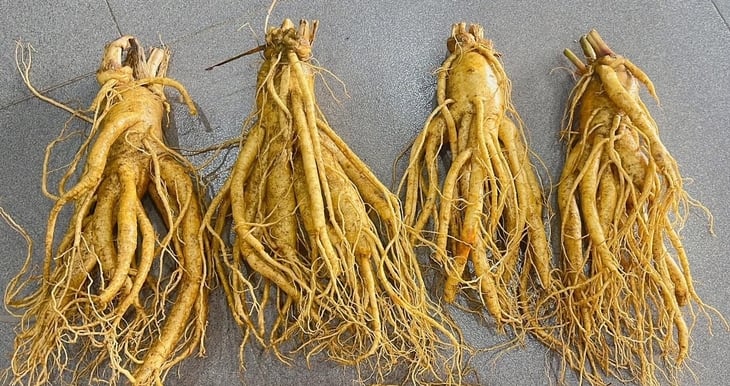
However, it must be used properly and should not be used for certain disease groups - Illustration photo
Usage must be flexible and suitable for each person.
Doctor Hoang Khanh Toan, former Head of the Department of Oriental Medicine, 108 Central Military Hospital, said that according to Japanese medical experts, the simplest way to use ginseng to support diabetics is to use 2.7g of ginseng every day, decocted or steeped in boiling water to drink. However, according to the perspective of traditional medicine, each patient has a different clinical picture and belongs to different disease types, so using ginseng must be very flexible and combined with a number of other medicinal herbs to achieve higher therapeutic effects.
Method 1: Ginseng 3g, Ophiopogon japonicus 9g, Qua Lau Nhan 3g, Anemarrhena rhizome 3g, roasted licorice 3g, Rehmannia glutinosa 3g, Platycodon grandiflorum 3g. Soak all in water for 1 hour, then boil thoroughly to get the juice, divide into 2 doses to drink with warm water during the day. Uses: Clears the stomach, moistens the lungs, generates new fluid and benefits qi. Used for people with diabetes who have symptoms of thirst, drink a lot, often feel short of breath, restless chest and abdomen, and feel hot and restless.
Method 2 : 4.5g ginseng, 9g asparagus, 9g ophiopogon, 9g gypsum, 6g scutellaria, 6g trichosanthes, 6g lotus leaf, 3g roasted licorice. Soak all in water for half an hour then boil to drink. You can also steep it in boiling water in a sealed container, after 30 minutes it can be used, drink it instead of tea during the day. Uses: Nourishes yin, clears heat, benefits qi and generates new fluid. Used for people with diabetes who have symptoms of dry throat, thirst, drink a lot, urinate a lot, feel tired, often have difficulty breathing, and have constipation.
Method 3 : 6g ginseng, 15g ophiopogon japonicus, 10g schisandra. Dry all, grind, steep with boiling water in a sealed container, after 15-20 minutes it can be used, drink instead of tea during the day. Uses: Used for diabetics with symptoms of fatigue such as loss of strength, shortness of breath, palpitations, dry throat, thirsty mouth, sweating, often accompanied by chronic respiratory disease with symptoms of dry cough, little or no phlegm.
Method 4: 1.5g ginseng, 30g gypsum, 10g trichosanthes root, 6g raw licorice. Soak all in water for half an hour then boil to drink. Uses: Used for people with diabetes who have symptoms of thirst, drink a lot, urinate a lot, dry mouth and tongue, and thin body.
Doctor Quach Tuan Vinh recommends using ginseng to prevent and treat diabetes as follows:
Ginseng tea: Use about 2-3g of dried ginseng, thinly sliced, steep in boiling water for 10-15 minutes and drink as tea. Ginseng tea helps improve health and insulin sensitivity.
Powdered ginseng: Grind ginseng into fine powder, use about 1g per day, mix with warm water to drink.
Notes on use
Research results have shown that ginseng has high potential in supporting diabetes treatment, but to ensure safety and effectiveness, ginseng should be used under the guidance of a specialist. Ginseng can cause side effects such as insomnia, headaches, or digestive disorders if overdosed.
Ginseng is powerful, only 2-3g should be used per day. Overdose can cause insomnia, high blood pressure, and headaches.
Diabetics should consult their doctor before taking ginseng, especially if they are taking diabetes medication to avoid hypoglycemia.
Ginseng can stimulate the nerves and should not be used by people with severe high blood pressure or pregnant women.
Ginseng should be used in the morning or early afternoon to avoid affecting sleep due to its stimulating effects.
Source: https://tuoitre.vn/su-dung-dung-cach-nhan-sam-co-the-ho-tro-dieu-tri-kiem-soat-tieu-duong-20250915091023663.htm






![[Photo] Da Nang: Hundreds of people join hands to clean up a vital tourist route after storm No. 13](https://vphoto.vietnam.vn/thumb/1200x675/vietnam/resource/IMAGE/2025/11/07/1762491638903_image-3-1353-jpg.webp)



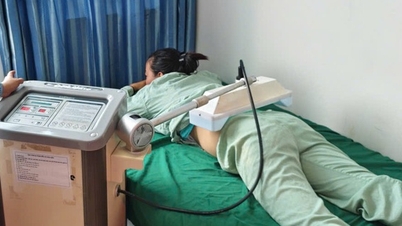


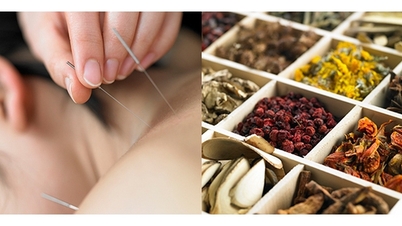

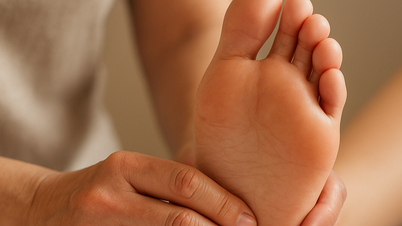



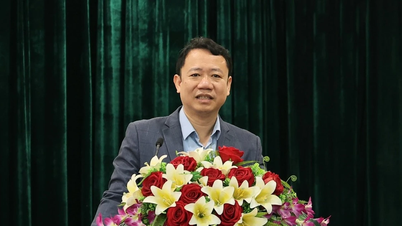
































































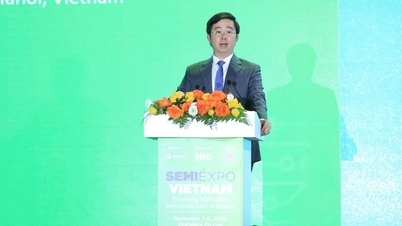

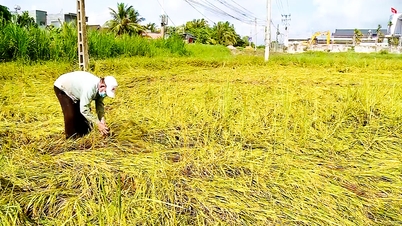




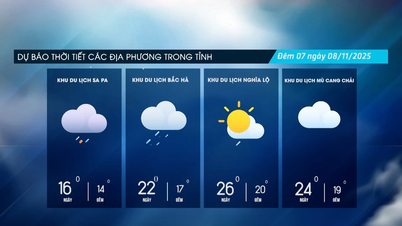














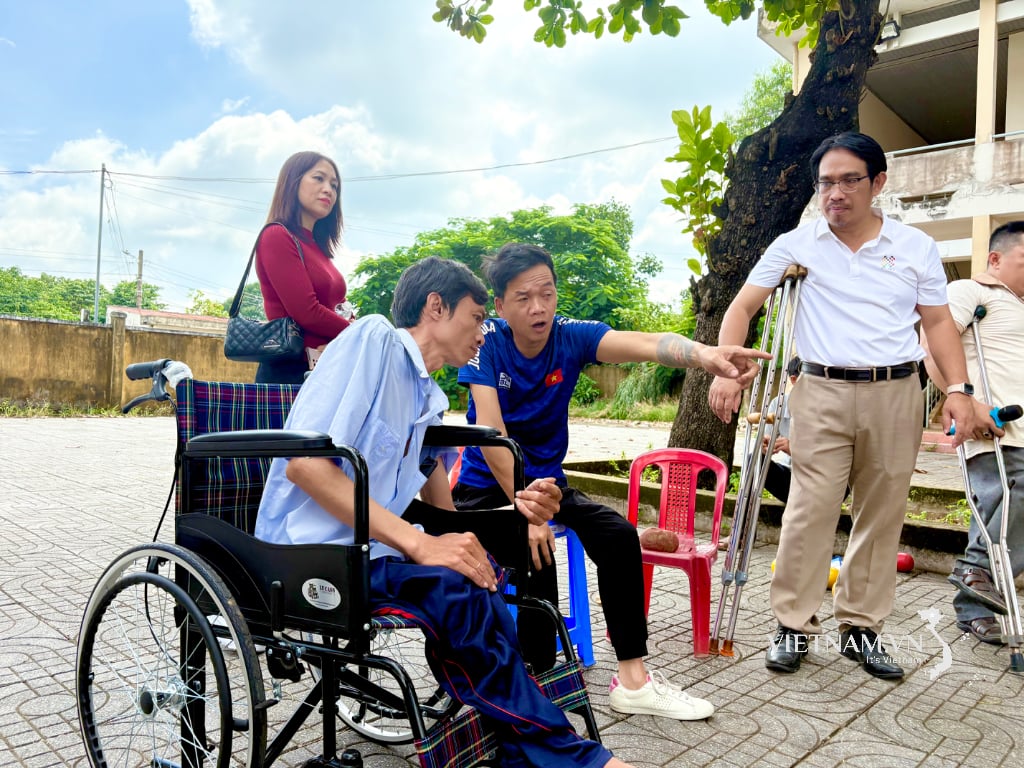


Comment (0)